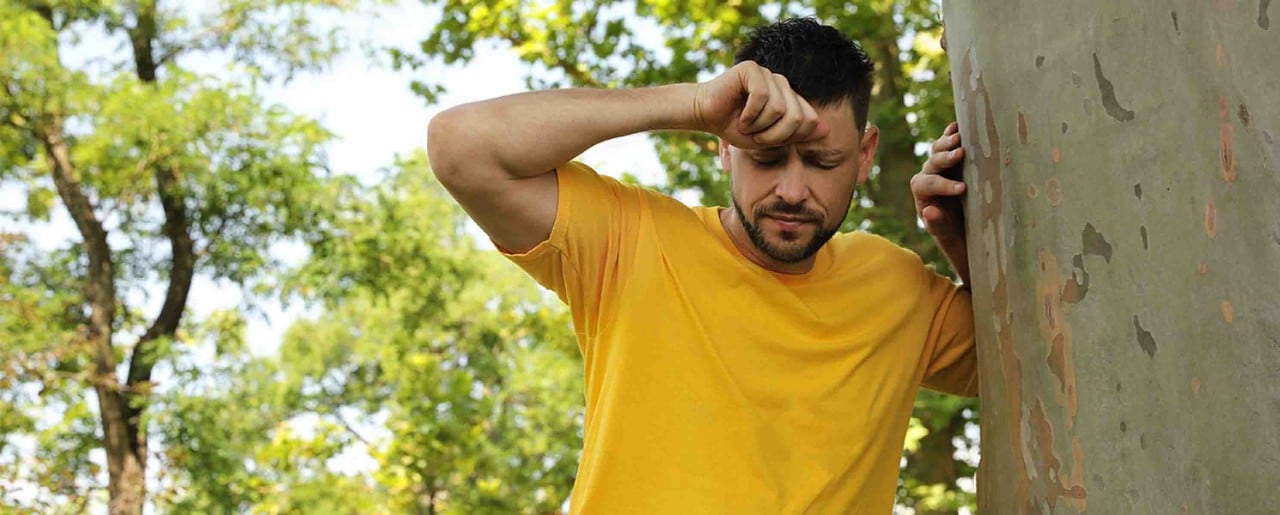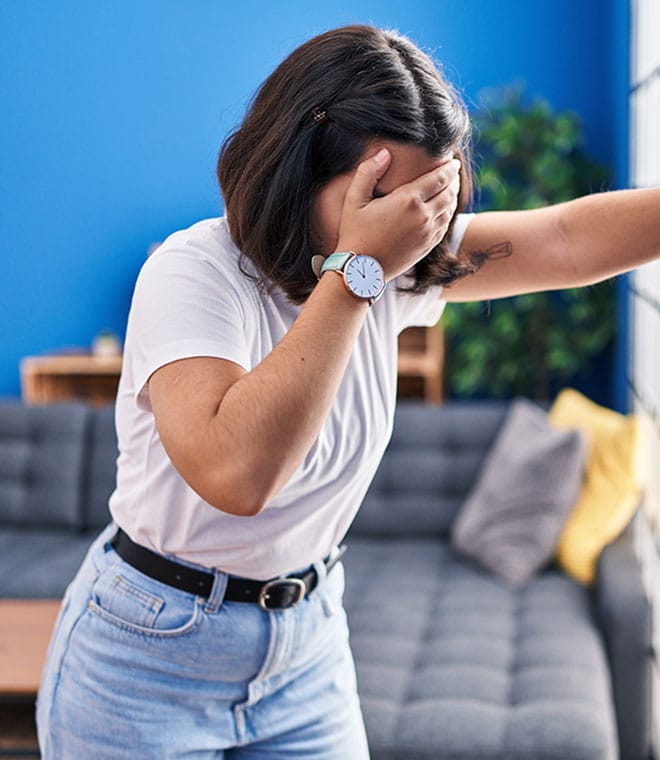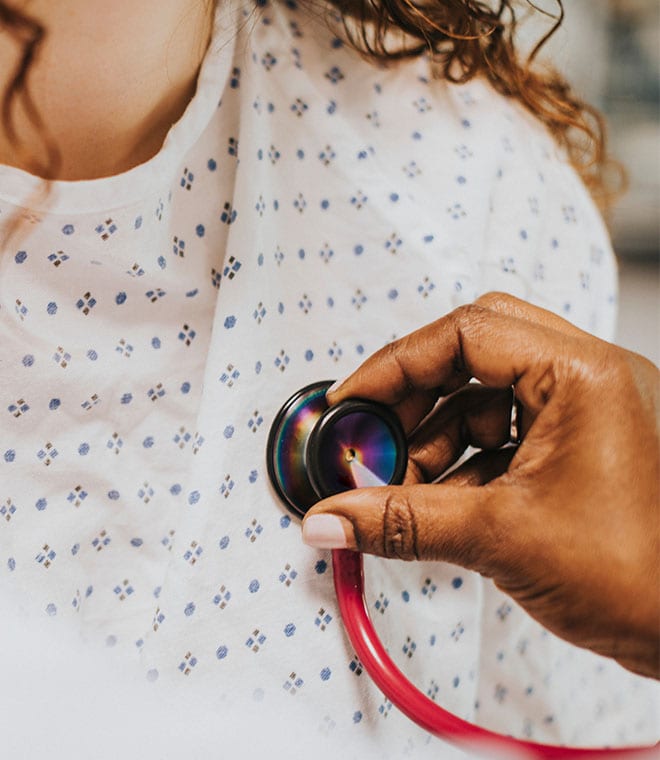Health
What are the symptoms of heat stroke?
By Dennis Galvon, MD Jun 24, 2025 • 6 min
Heat stroke can occur when hot temperatures interfere with the regulation of body temperature. Heat exhaustion often occurs before heat stroke. Because heat stroke can be life-threatening, it’s important to recognize the symptoms and signs of both heat exhaustion and heat stroke.
Heat exhaustion symptoms
When we’re exposed to extremely hot conditions, the body sweats to cool our skin. Perspiration causes loss of water and salt from the body. If activity continues in the heat or sun, the body starts to overheat. This results in illness because the body has inadequate water and salts.
Young children and teens are especially affected by heat exhaustion. This is because their bodies are less able to cool themselves through sweat evaporation. Also, kids may not want to stop their outdoor physical activities until they have cramps or are feeling sick and weak.
The elderly are also susceptible to heat exhaustion as they don’t sweat as much since their circulation is less efficient at eliminating excess heat through the skin, and they’re often more prone to dehydration. They may also be taking medications that reduce their ability to regulate their body temperature.
Symptoms of heat exhaustion include:
- Painful muscle cramps, especially in the legs
- Low-grade fever to 100.4°F
- Headache
- Nausea
- Feeling weak, tired, lightheaded and anxious
- Vomiting and diarrhea
- Pale skin or red, flushed, and moist skin
- Rapid, weak pulse
How to treat heat exhaustion
Treating heat exhaustion as soon as you notice it is very important. To treat heat exhaustion, you should follow these instructions:
- Sit or lie down in a cool place in the shade.
- Remove excess clothing and place cool, wet packs on the skin.
- Drink liquids, especially water, fruit juices and water with electrolytes. Include liquids that contain salt and sugar. Start with small amounts to avoid vomiting.
- Avoid alcoholic and caffeinated beverages.
- Continue to rest in the shade until the air temperature cools down.
Heat exhaustion usually responds well to self-care. However, medical attention is required if the affected person:
- Cannot take fluids by mouth
- Vomits repeatedly and cannot stop
- Continues to feel faint and lightheaded when upright
If the above symptoms are present, the person should be transported to a clinic or the emergency department. Patients usually feel much better after receiving IV fluids.
Heat stroke symptoms
There are key differences between heat exhaustion and heat stroke that are very important to recognize. Symptoms of heat stroke include:
- High temperature: A high fever is the primary sign of heat stroke. Healthcare providers typically consider a body temperature of 104°F to be a major indication of heat stroke if there is no infection or other cause.
- Changes in thinking and behavior: With heat stroke, a person’s ability to think can become impaired, and their behavior can change. They may appear to be irritable, confused or agitated. They may also have slurred speech, feel disoriented and forget where they are. These neurological signs are critical since a brain and nervous system imbalance can lead to seizures, coma and even death.
- Changes in perspiration: Sweating helps us cool our bodies. When someone experiences heat stroke due to extended time in the sun or exposure to high temperatures, their skin is warm but dry since they have decreased perspiration. On the other hand, heat stroke brought on by excessive physical activity will usually cause excessive sweating.
- Changes in vital signs: With heat stroke, the pulse is rapid (tachycardia), and breathing patterns may change. You may notice someone with heat stroke taking faster, more shallow breaths.
- Changes in vision: In some cases, individuals with heat stroke may notice vision changes. Blurred vision and double vision may occur.
- Other symptoms: With heat stroke, a person may develop headaches on both sides of the head, dizziness, nausea and vomiting. These symptoms may also occur with heat exhaustion. However, they tend to be more severe with heat stroke. Loss of consciousness, seizures and coma can happen. These conditions require prompt treatment in the emergency department.
How to respond to heat stroke symptoms
Heat stroke is a medical emergency, and it can be fatal. If someone is showing signs of heat stroke, call 911 immediately. Help the affected individual cool down with a hose, a tub of water, a cool shower or cool compresses while you wait for first responders to arrive. Small sips of cool water or juice can be given unless there’s severe vomiting.
Updated June 2025.
Sources:
- https://www.mayoclinic.org/diseases-conditions/heat-stroke/symptoms-causes/syc-20353581
- https://www.cdc.gov/niosh/heat-stress/about/illnesses.html
- https://preview.weather.gov/safety/heat-illness
- https://medlineplus.gov/ency/article/000056.htm
- https://my.clevelandclinic.org/health/diseases/21812-heatstroke
- https://www.mayoclinic.org/first-aid/first-aid-heatstroke/basics/art-20056655
- https://www.hopkinsmedicine.org/health/conditions-and-diseases/exerciserelated-heat-exhaustion
- https://familydoctor.org/condition/heat-exhaustion-heatstroke/




